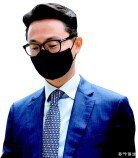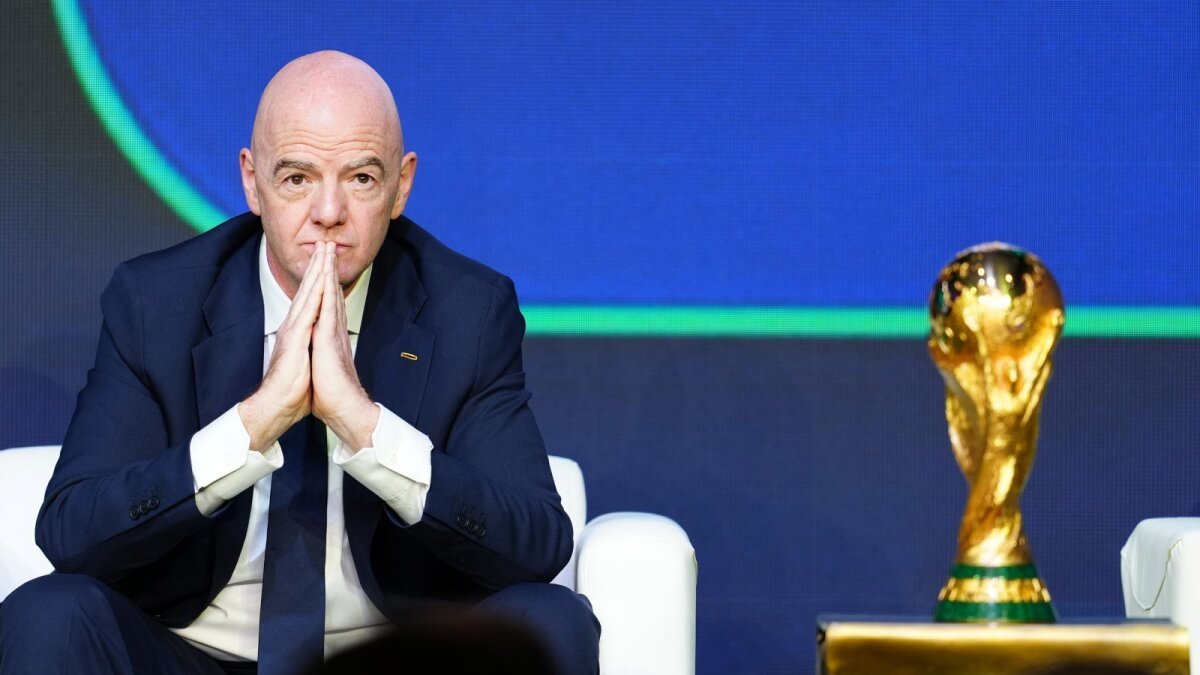[Opinion] Park Se-il, Choi Jang-jip, Lee Jeong-woo
[Opinion] Park Se-il, Choi Jang-jip, Lee Jeong-woo
Posted October. 01, 2005 07:43,
The mere mention of professors Park Se-il of Seoul National University, Choi Jang-jip of Korea University, and Lee Jeong-woo of Kyungpook National University is enough to grab the attention of the people. said Professor Cho Hyung of Ewha Womans University.
Park Se-il, Choi Jang-jip, and Lee Jeong-woo are the main brains behind the policies during the Kim Young-sam, Kim Dae-jung, and Roh Moo-hyun administrations. During the Bipolarization in the Era of Democracy and Globalization debate hosted by the Korea Dialogue Academy two days ago, the three professors agreed that the problem of bipolarization became more serious after the 1997 financial crisis.
However, their analysis for the cause and the solutions for this problem were different. Park said that the fundamental cause was the lack of national capabilities and criticized the current administration for its ineptness. He said that it was possible to pursue globalization through economic growth, educational reforms, and social safety nets, and at the same time, avoid bipolarization. However, he said that the current participatory government does not have the capacity to develop and implement such policies.
Choi attributed the problem to the failure of democratization of the economy. He argued that the problem was that neo-liberalistic economic theories were being aggressively embraced, and thus labor is being ignored and looked down up on. While Park suggested developing farsighted powers that will fundamentally change the direction of state affairs, Choi emphasized the social agreement between companies and labor as a solution to the problem.
Lee points to history as the cause of bipolarization. A lack of democracy and exclusion was set in the Korean economy since the time of authoritarian rule and development, and this still remains at the heart of the worsening bipolarization. He prescribed simultaneous growth and distribution as the cure. However, his initial argument that a country with fair distribution achieves faster growth was amended to Recent economic research projects are finding that improvement in distribution does not hinder growth.
Professor Park is in favor of a pro-growth agenda, and has led neo-liberalistic educational and labor reforms. Choi is a progressive political scientist who has been in a theoretical dispute over the views of the Korean War. During the Kim Young-sam and Kim Dae-jung administrations, not many people doubted the market economy system, regardless of ones own beliefs. Lee has emphasized distribution by giving Bangladesh being poor but happy as an example.
This years growth rate has fallen to the three percent range, yet the people of Korea are not happy yet. It makes one wonder if Professor Lee is happy.
Kim Sun-duk, yuri@donga.com





![10번 북송된 그녀, 73만 유튜버 되다…탈북 유튜브 ‘유미카’ 뒷이야기[주성하의 북에서 온 이웃]](https://dimg.donga.com/c/138/175/90/1/wps/NEWS/IMAGE/2025/12/12/132938957.1.jpg)
![‘친구’란 말에, 치매 아버지는 고향땅 800평을 팔았다[히어로콘텐츠/헌트①-上]](https://dimg.donga.com/c/138/175/90/1/wps/NEWS/IMAGE/2025/12/14/132961909.1.jpg)
